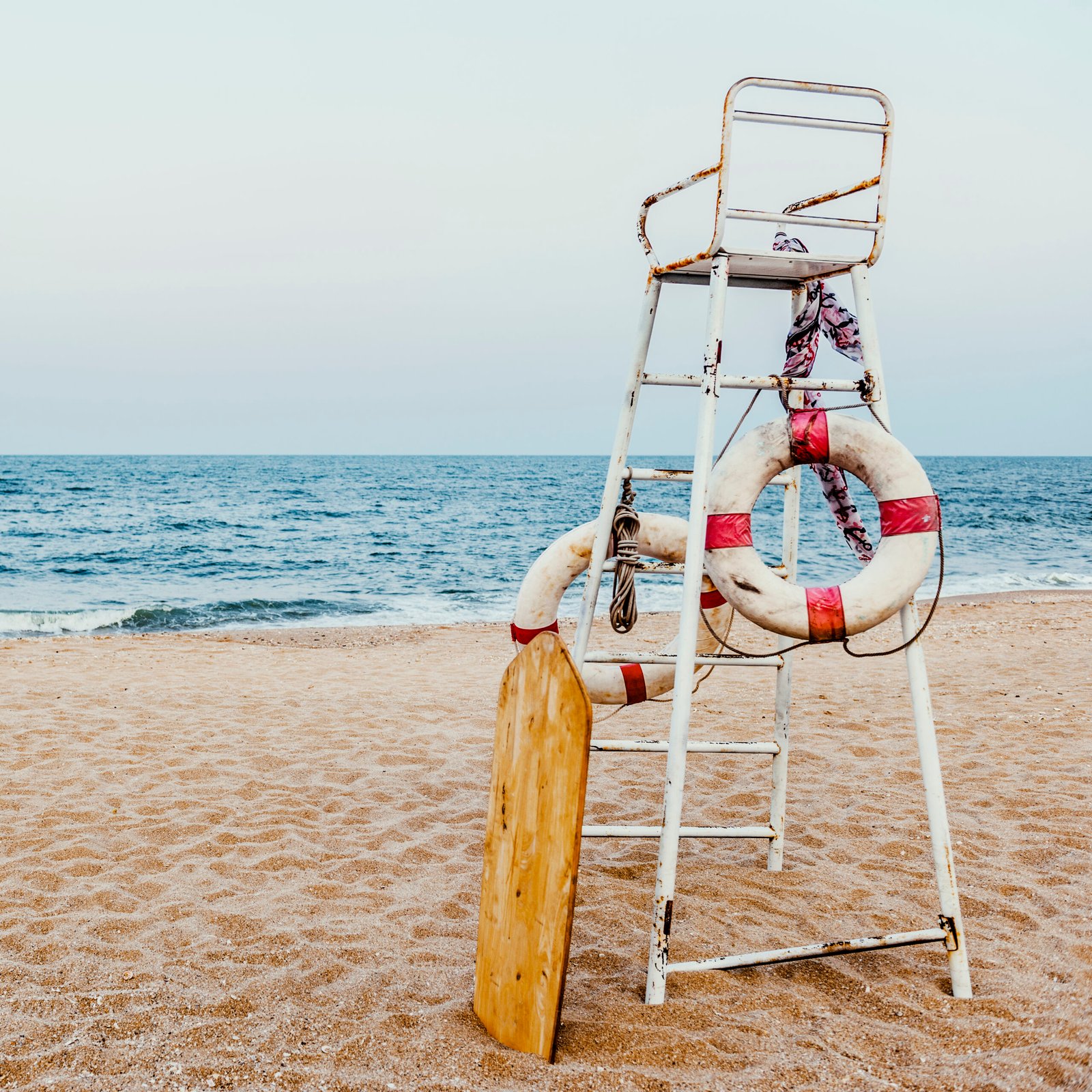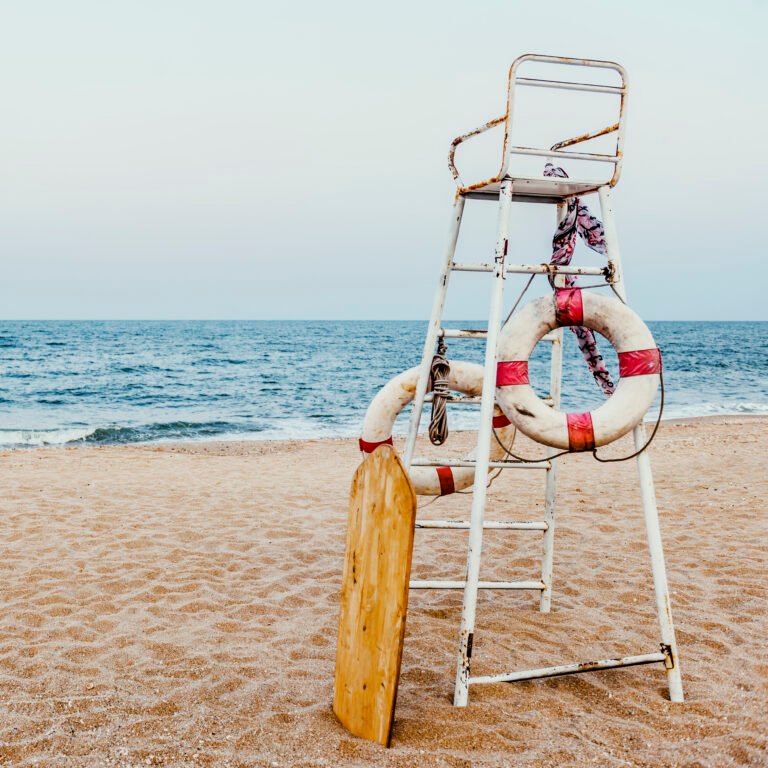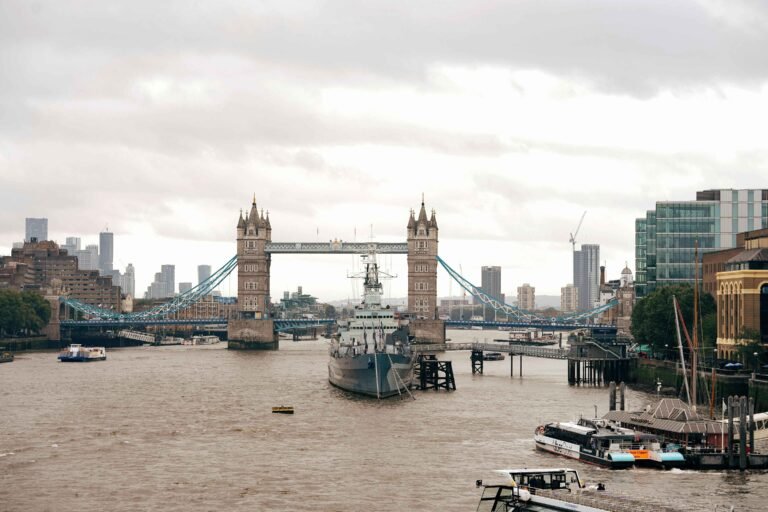The UK’s coastline is seductive, from the peaceful beaches of Cornwall to the spectacular cliffs of Dover. But why does the sea appeal to us so much? Coastal locations fulfil our profound psychological demands in addition to our visual desires. Spending time near water, also referred to as “blue spaces,” has been shown to have significant positive impacts on our mental and emotional health.
The Science Underpinning Our Admiration for the Sea
The phrase “blue mind” was created by novelist and marine biologist Wallace J. Nichols to characterise the relaxing effects of being close to water. According to him, the water induces a meditative state by increasing alpha waves, which are linked to creativity and relaxation, and decreasing beta waves, which are linked to stress (Nichols, 2014).
This explains why we can feel calmer and more concentrated after taking a stroll along Brighton’s pebble beach or watching the waves in Norfolk.
According to studies, the calming effects of waves’ repetitive sound are comparable to those of mindfulness meditation (Ortega et al., 2020). Coastal getaways are perfect for stress alleviation and mental clarity because of these audio signals that assist control our emotions.
The Significance of Blue Spaces for Mental Health
The psychological urge for healing is best met by coastal locations. The water and other natural settings offer “soft fascination”—gently capturing our attention without being overpowering, in accordance with Attention Restoration Theory (Kaplan & Kaplan, 1989). This enables mental exhaustion to be recovered.
Additionally, the shore provides the ideal balance of familiarity and surprise, which strengthens its healing properties. While the predictable waves and horizon convey a reassuring steadiness, the constantly shifting tides and varied species inspire awe. This dichotomy explains why individuals keep going back to seaside locations to “recharge.”
Blue Spaces’ Significance in Identity and Memory
Being close to the sea might improve social interaction and introspection. Because sensory signals like the sound of waves and the smell of seawater arouse strong memories, ocean locations frequently arouse nostalgia (Spence, 2020). Our emotional connections to the shore are shaped by these recollections, which might range from romantic walks in Dorset to childhood trips to Blackpool.
A sense of identity is also fostered by coastal getaways. According to research, people who visit blue spaces regularly tend to feel more connected to their society and the natural world (White et al., 2013). A greater sense of purpose and life happiness may result from this link.
Conclusion: The Reasons We Keep Going Back to the Sea
Because of the sea’s strong psychological pull, coastal locations become more than just tourist attractions; they are mental and spiritual havens. Websites like visit UK Today may encourage readers to visit the UK’s breathtaking coastline for its significant mental and emotional benefits, in addition to its beauty, by comprehending the science underlying our affinity to blue areas.
References
• Kaplan, R., & Kaplan, S. (1989). The Experience of Nature: A Psychological Perspective. Cambridge University Press.
• Nichols, W. J. (2014). Blue Mind: The Surprising Science That Shows How Being Near, In, On, or Under Water Can Make You Happier, Healthier, More Connected, and Better at What You Do. Little, Brown Spark.
• Ortega, C., et al. (2020). The psychological and physiological effects of listening to natural sounds: A systematic review. Frontiers in Psychology, 11, 570159.
• Spence, C. (2020). Senses of place: Why do some places stir our emotions? Current Directions in Psychological Science, 29(1), 19–25.
• White, M. P., et al. (2013). Would you be happier living in a greener urban area? A fixed-effects analysis of panel data. Psychological Science, 24(6), 920–928.







